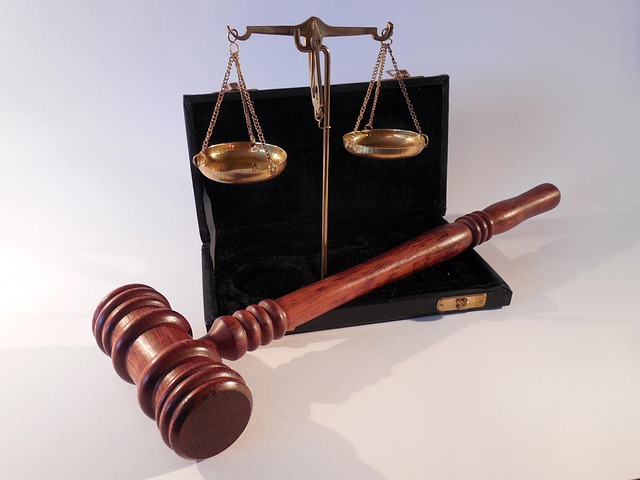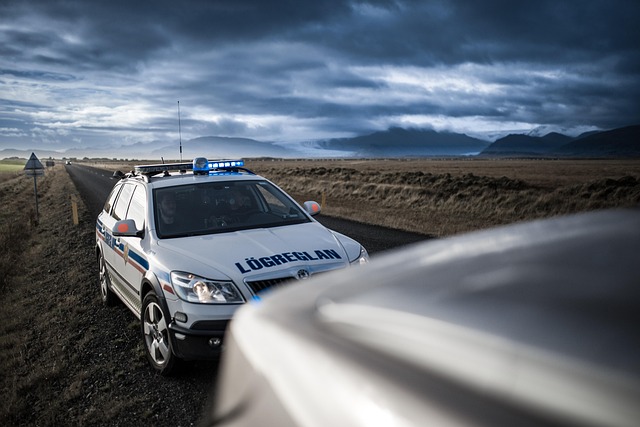Left turn collisions in bicycle accidents pose significant risks due to cyclists' vulnerability. Determining bicycle accident liability involves assessing driver actions, cyclist positions, and environmental conditions under negligence laws. Establishing fault through evidence like police reports, witness statements, and crash photos is key for claims on lost wages or product liability, ensuring comprehensive compensation for injured cyclists.
“In urban environments, left turn collisions involving bicycles pose significant safety concerns and legal complexities. This article explores the intricate dynamics of such accidents, delving into the legal framework surrounding bicycle accident liability. We analyze the responsibilities of drivers and cyclists, focusing on left-turn scenarios. Furthermore, it provides practical strategies for proving negligence in cycling cases, offering insights to enhance justice and safety for vulnerable road users.”
- Understanding Left Turn Collision Dynamics
- Legal Framework for Bicycle Accident Liability
- Strategies for Proving Negligence in Cycling Cases
Understanding Left Turn Collision Dynamics

Left turn collisions are a significant concern in bicycle accident cases, as they often result in severe injuries due to the inherent vulnerability of cyclists. When a vehicle makes a left turn and collides with a cyclist, several factors come into play. The dynamics of such accidents are complex, involving speed, visibility, and the unique movement patterns of both vehicles and cyclists on the road. Cyclists, being more exposed, can be seriously impacted by the vehicle’s side or front end during the turn, leading to significant injuries and potential long-term effects.
Understanding these collision dynamics is crucial for determining bicycle accident liability. It involves analyzing the driver’s actions, the cyclist’s position, and environmental conditions at the time of the incident. Factors such as signal compliance, visibility at intersections, and the speed of both entities play a significant role in establishing fault. In many cases, product liability or lost wages claims may arise from such accidents, emphasizing the need for comprehensive compensation for cyclists who suffer injuries due to these left turn collisions.
Legal Framework for Bicycle Accident Liability

In many jurisdictions, the legal framework for bicycle accident liability is based on principles of negligence law. This means that when a bicycle collision occurs, both parties involved—bicyclist and driver—have responsibilities to ensure safe operation. The bicyclist must adhere to traffic laws and ride with due care, while the driver has a duty to exercise reasonable caution and yield right-of-way as required. In cases of left turn collisions, understanding these duties is crucial.
When determining liability in bicycle accidents, courts often consider factors such as who had the right of way, speed and control of vehicles involved, visibility, and any contributing factors like distracted driving or failure to signal. If a driver’s negligence directly causes harm to a bicyclist during a left turn maneuver, they may be held liable for resulting truck accident injuries or other damages. Similarly, in cases involving nursing home neglect where a resident carelessly navigates around bicycles on the road, insurance disputes can arise, highlighting the complex interplay of liability in these scenarios.
Strategies for Proving Negligence in Cycling Cases

When navigating bicycle accident liability cases involving left turn collisions, proving negligence is paramount for cyclists to secure justice and compensation. Effective strategies include gathering comprehensive evidence such as detailed police reports, witness statements, and photographs of the crash scene. These documents can help establish the sequence of events, determine liability, and quantify the extent of injuries.
Additionally, examining the conduct of both the cyclist and the driver is crucial. This involves analyzing factors like speed, visibility, and adherence to traffic signals or cycling rules. In cases where truck accident injuries are involved, understanding the size and weight disadvantages faced by cyclists becomes essential in proving negligence. Moreover, reviewing vehicle maintenance records and considering product liability claims for faulty bicycles or safety gear can further strengthen a cyclist’s case.
Bicycle accident liability cases involving left turn collisions require a deep understanding of both dynamic collision factors and legal frameworks. By comprehending the unique challenges cyclists face during these incidents, attorneys can employ effective strategies to prove negligence and secure justice for their clients. Through a thorough analysis of evidence and application of relevant laws, it’s possible to navigate these complex scenarios, ensuring fair outcomes for all parties involved in bicycle accidents.






